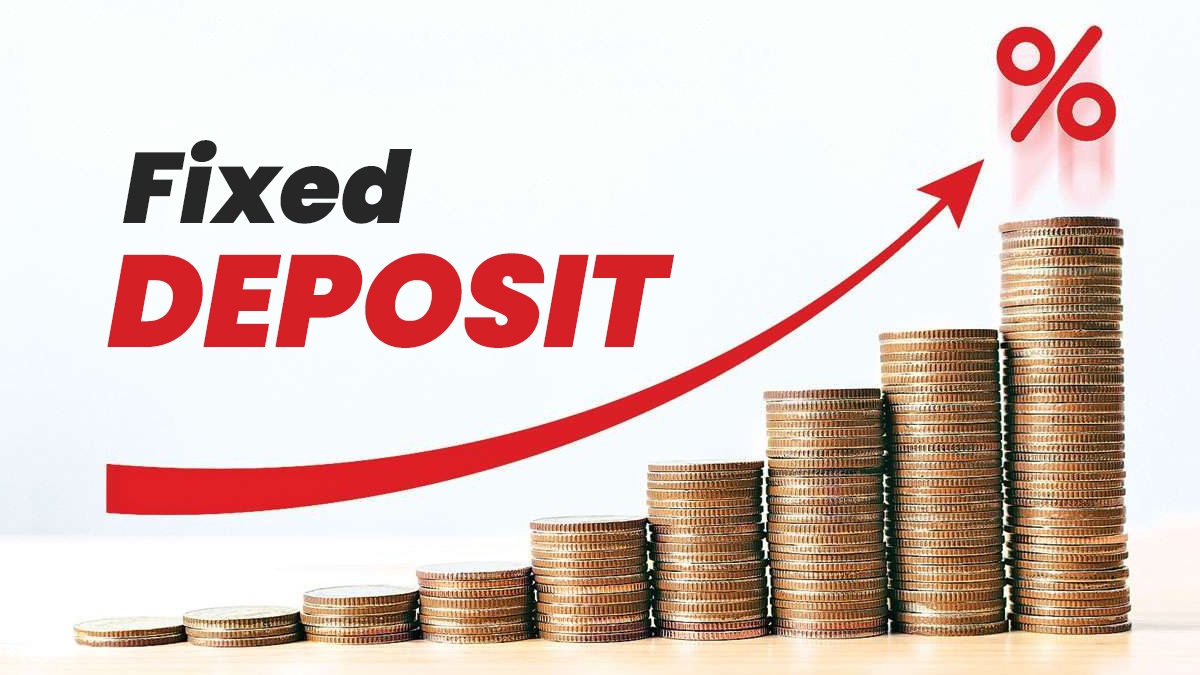Fixed deposits (FDs) are a popular investment option for those looking to earn a stable income through fixed deposit interest. They are considered safe and offer guaranteed returns over a specified period. However, life is unpredictable, and sometimes, you might need to access your funds before the maturity date.
Understanding Fixed Deposits
The longer you keep your money invested, the higher the returns you make. However, you must know the potential consequences if you need to withdraw FD before the term ends.
Hidden Costs of Premature Withdrawal
Loss of Interest Rates: One of the most significant costs of premature withdrawal is the reduction in interest. When you withdraw funds before maturity, the bank may apply a lower interest rate than initially promised.
Penalties: Many banks charge penalties for early withdrawal of fixed deposits. Such penalties can depend on the institution but often involve deducting from the total interest earned.
Tax Implications: If you withdraw your FD prematurely, you may face tax implications that could further affect your returns. The interest earned on fixed deposits is taxable, and early withdrawal might alter your tax liability, especially if you have already received interest payments in the financial year.
Opportunity Cost: Withdrawing from a fixed deposit means you miss the compounding benefits of investing your money. The longer you leave your funds in the FD, the more they can grow due to compound interest, which is lost when you opt for early withdrawal.
How to Avoid Hidden Costs
Plan Ahead: Before opening a fixed deposit, consider your liquidity needs. If you need access to your funds, consider a shorter tenure or alternatives like a savings account that offers easier access without penalties.
Check Withdrawal Policies: Always read the terms and conditions of the FD. Understanding the bank’s policies regarding premature withdrawal, including penalties and interest rates, will help you make an informed decision.
Use an RD Calculator: A Recurring Deposit (RD) might be more suitable if considering regular investments. An RD calculator can help you estimate your returns based on your investment amount and interest rate.
Negotiate with Your Bank: It may be worth discussing your circumstances with your bank if you need to withdraw early. Some banks may offer flexibility or reduce penalties based on your relationship.
Explore Other Investment Options: If you anticipate needing liquidity, consider alternative investment options that provide better access to your funds. Instruments like liquid mutual funds or savings accounts offer flexibility without significant penalties.
Premature fixed deposit withdrawal can have hidden costs that significantly impact your returns. Understanding these costs and planning your finances is crucial to maximising your investments. By researching proactively and being informed, you can avoid the pitfalls of early withdrawals and make the most of your fixed deposits while achieving your financial goals. Consider your liquidity needs before committing to an FD, and explore alternative options if necessary.








